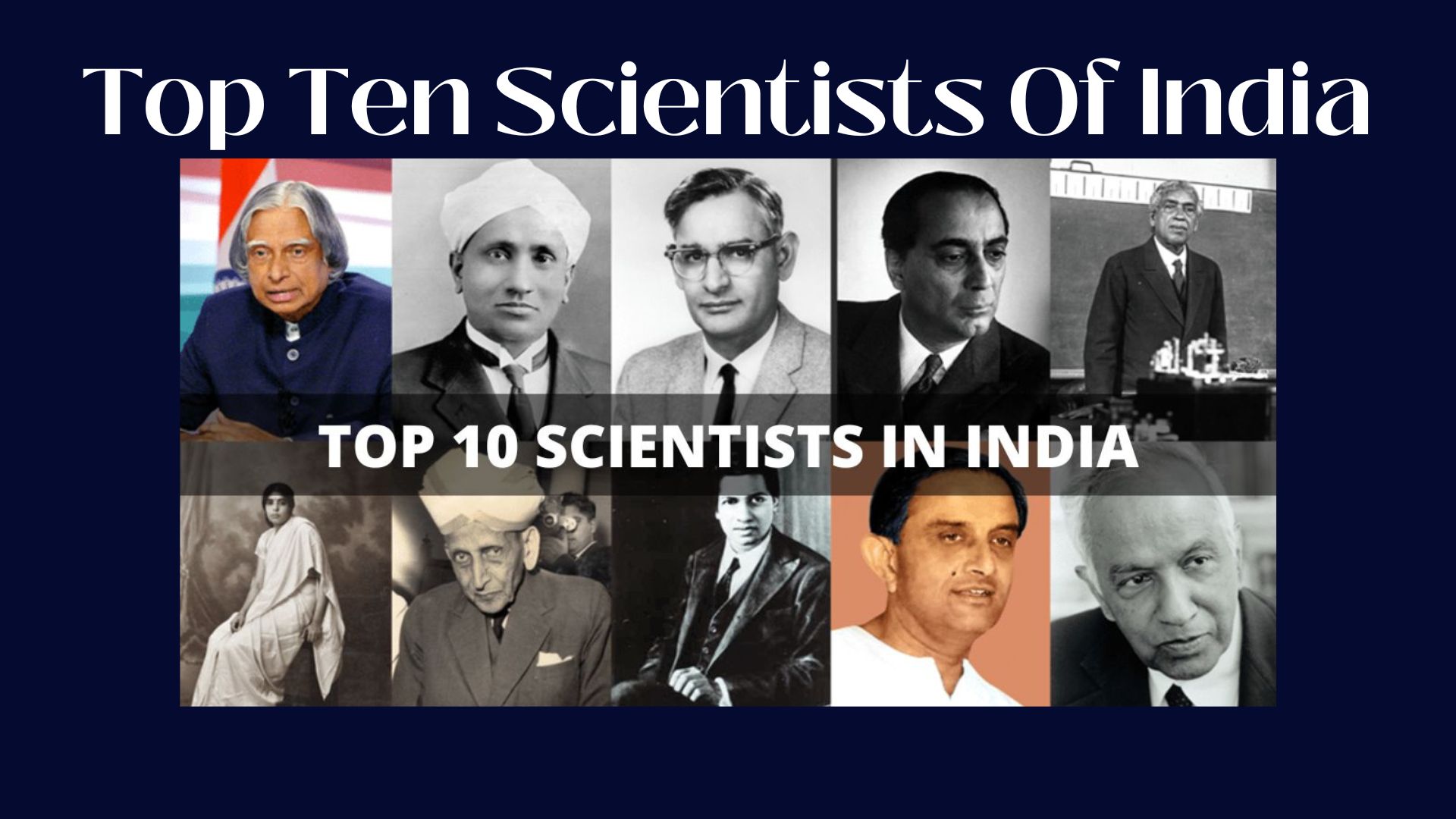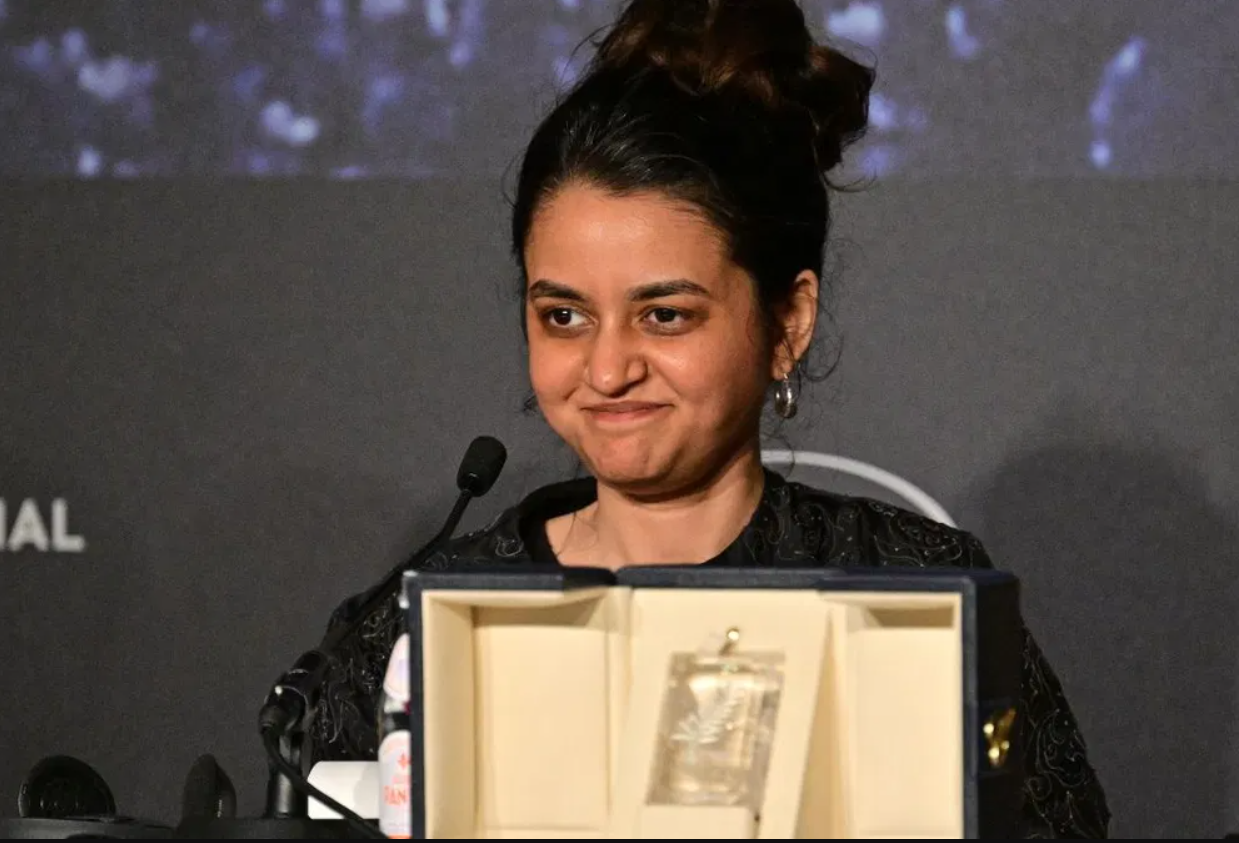India has produced many brilliant scientists who have made significant contributions to various fields of science and technology. While it’s challenging to rank them definitively, here’s a list of ten prominent Indian scientists who have left an indelible mark on the world of science:
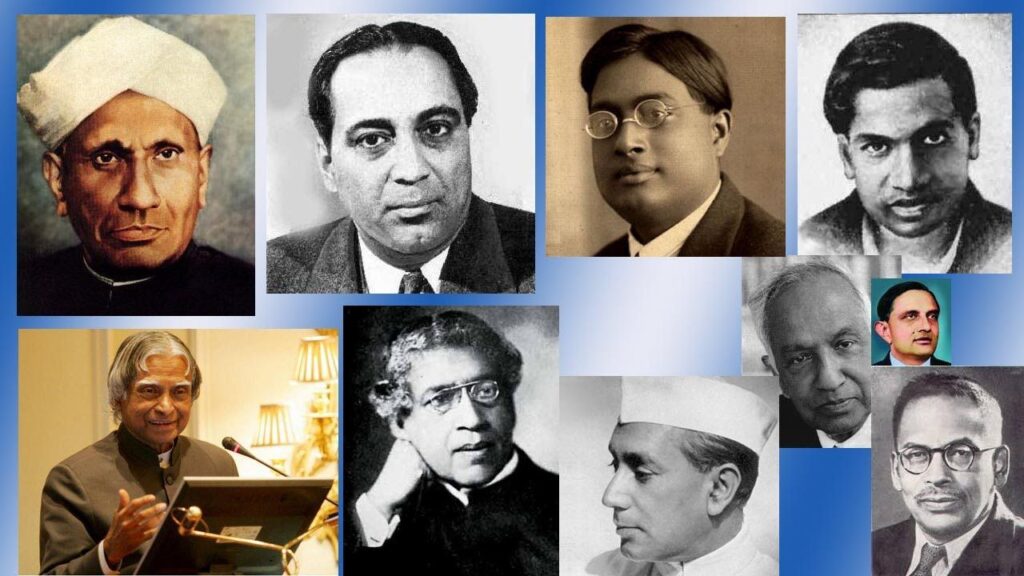
1.C.V. Raman (1888-1970): Sir Chandrasekhara Venkata Raman, one of India’s most celebrated scientists, won the Nobel Prize in Physics in 1930 for his groundbreaking work on the scattering of light. His discovery, known as the Raman Effect, demonstrated that when monochromatic light passes through a transparent substance, a small portion of it changes in frequency, providing valuable insights into the nature of molecules. Raman’s contributions to optics and spectroscopy revolutionized our understanding of molecular structure.
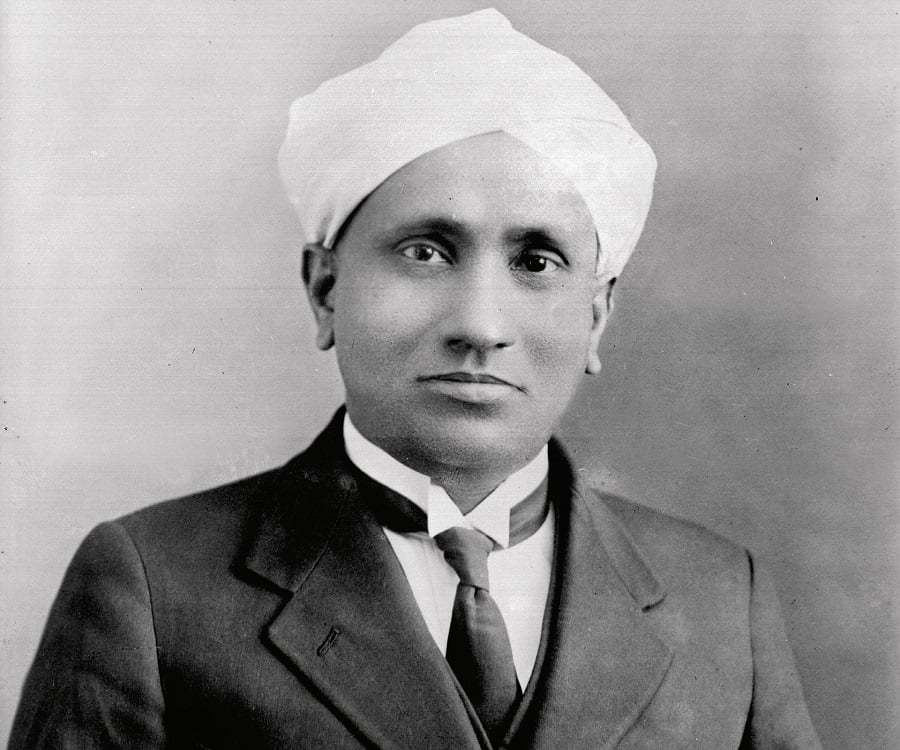
2.Homi J. Bhabha (1909-1966): Dr. Homi Jehangir Bhabha, often referred to as the “Father of the Indian Nuclear Program,” was a pioneer in the field of nuclear physics. He played a pivotal role in establishing India’s first nuclear research center, the Tata Institute of Fundamental Research (TIFR), and was instrumental in developing India’s nuclear capabilities. His vision laid the foundation for India’s scientific advancements in nuclear science and technology.
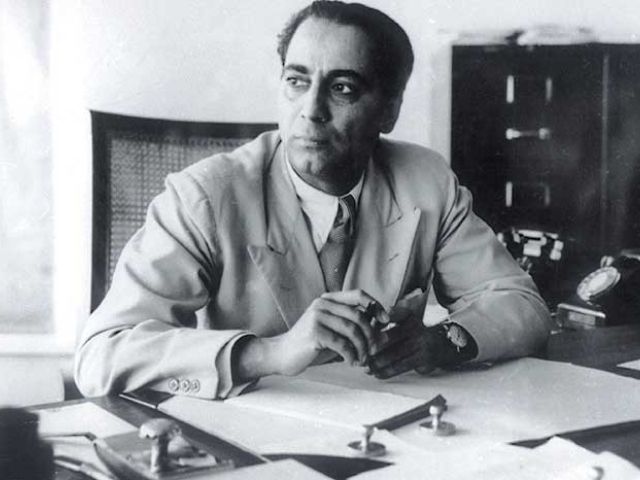
3.A.P.J. Abdul Kalam (1931-2015): Dr. Avul Pakir Jainulabdeen Abdul Kalam, known as the “Missile Man of India,” made significant contributions to the field of aerospace engineering and defense technology. He played a key role in the development of India’s ballistic missile program and was later elected as India’s 11th President. Dr. Kalam’s dedication to scientific research and his inspirational leadership continue to inspire generations of aspiring scientists.
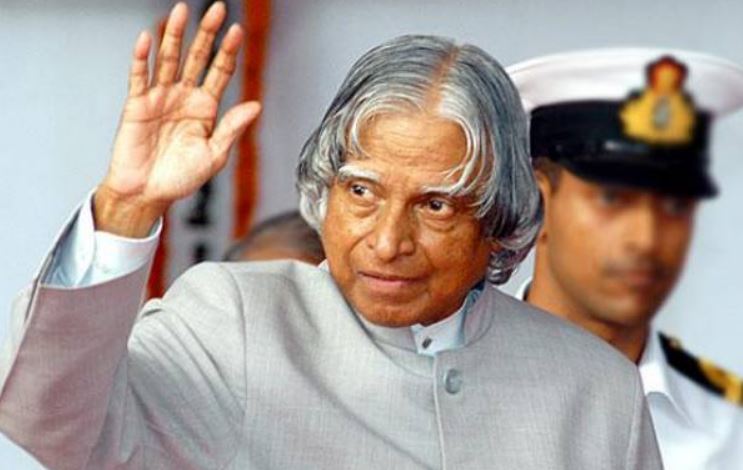
4.Satyendra Nath Bose (1894-1974): Professor Satyendra Nath Bose was a pioneering physicist known for his collaboration with Albert Einstein in developing the theory of Bose-Einstein statistics, which describes the behavior of particles now known as bosons. His work laid the foundation for the field of quantum statistics and has had a profound impact on the study of fundamental particles and the behavior of matter at low temperatures.

5.Vikram Sarabhai (1919-1971): Dr. Vikram Ambalal Sarabhai is often regarded as the “Father of the Indian Space Program.” He was instrumental in establishing the Indian National Committee for Space Research (INCOSPAR), which later evolved into the Indian Space Research Organisation (ISRO). Under his visionary leadership, India launched its first satellite, Aryabhata, in 1975. Sarabhai’s contributions have made India a major player in space exploration.
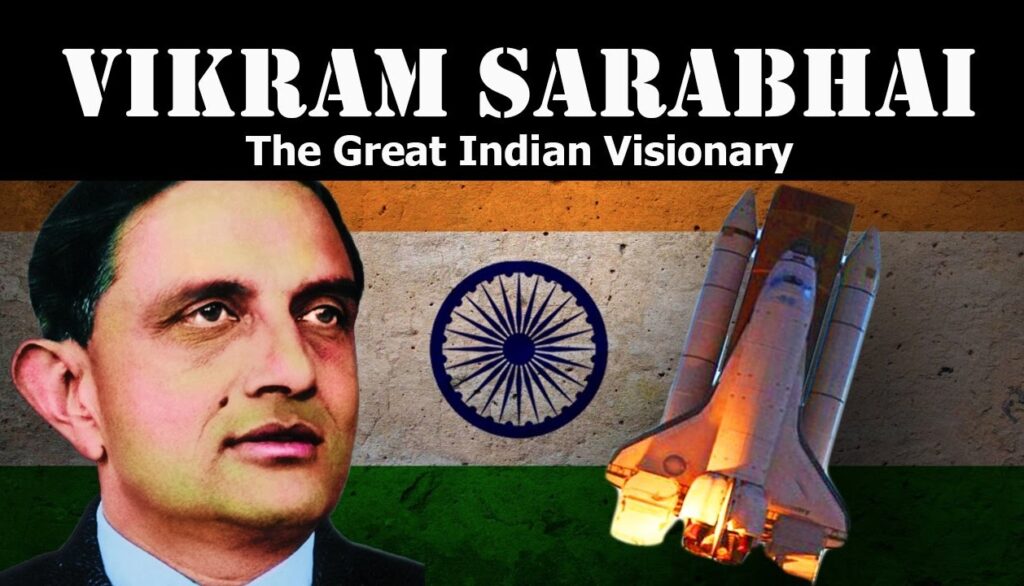
6.Srinivasa Ramanujan (1887-1920): Srinivasa Ramanujan was a self-taught mathematician who made extraordinary contributions to number theory, mathematical analysis, and infinite series. His work remains influential in areas such as modular forms, mock theta functions, and partitions. Ramanujan’s insights have had a lasting impact on the field of mathematics, and he is often considered one of the greatest mathematical prodigies of all time.

7.Jagadish Chandra Bose (1858-1937): Sir Jagadish Chandra Bose was a multifaceted scientist known for his pioneering work in the field of plant physiology and radio waves. He made significant contributions to our understanding of how plants respond to external stimuli, demonstrating that plants have a similar response to animals. Bose’s research also laid the foundation for the development of radio and wireless communication.
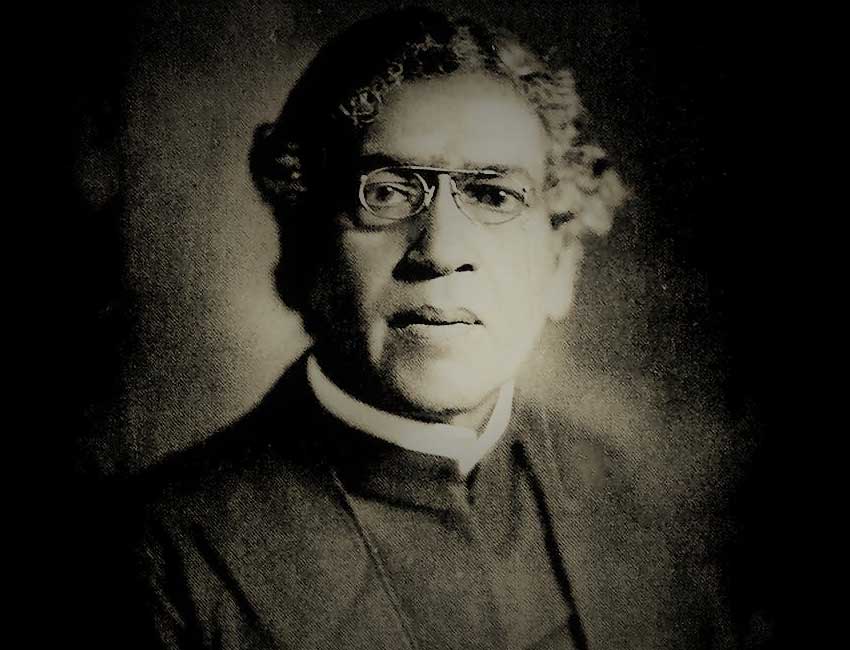
8.Venkatraman Radhakrishnan (1929-2019): Dr. Venkatraman Radhakrishnan, an astrophysicist and space scientist, was instrumental in the success of India’s early space missions, including the Chandrayaan-1 mission to the Moon. He served as the chairman of ISRO and played a crucial role in establishing India’s reputation as a leader in space exploration. His leadership and dedication to space science continue to inspire future generations of scientists.Dr. Venkatraman Radhakrishnan, an astrophysicist and space scientist, was instrumental in the success of India’s early space missions, including the Chandrayaan-1 mission to the Moon. He served as the chairman of ISRO and played a crucial role in establishing India’s reputation as a leader in space exploration. His leadership and dedication to space science continue to inspire future generations of scientists.
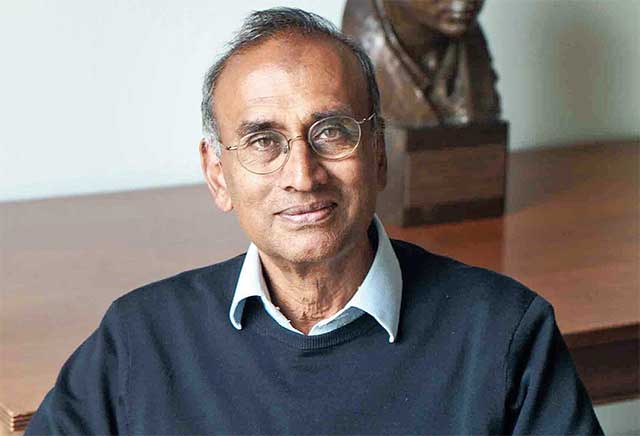
9.Meghnad Saha: Meghnad Saha, born on October 6, 1893, in Dhaka, Bangladesh, is most known for his work on the thermal ionization of elements, which led to the formulation of the Saha Equation. In astrophysics, this equation is one of the most basic techniques used to describe star spectra’ chemical and physical conditions. The Saha equation connects the spectrum’s composition and appearance to the light source’s temperature, allowing it to be used to determine either the star’s temperature or the relative abundance of the chemical elements being studied. He was elected as a member of the Indian Parliament in 1951. A Treatise on Heat (4th ed., 1958) and A Treatise on Modern Physics were co-authored by him (1934).
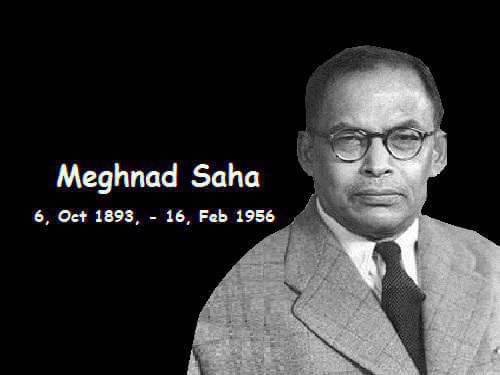
10.Subrahmanyan Chandrasekhar: Subrahmanyan Chandrasekhar was an Indian American astrophysicist. On October 19, 1910, he was born in Lahore, British India. He received the Nobel Prize in Physics in 1983 for his contribution to the mathematical theory of black holes with William A. Fowler. He is commemorated with the Chandrasekhar limit. He was CV Raman’s nephew. Chandra became a U.S. citizen in 1953.
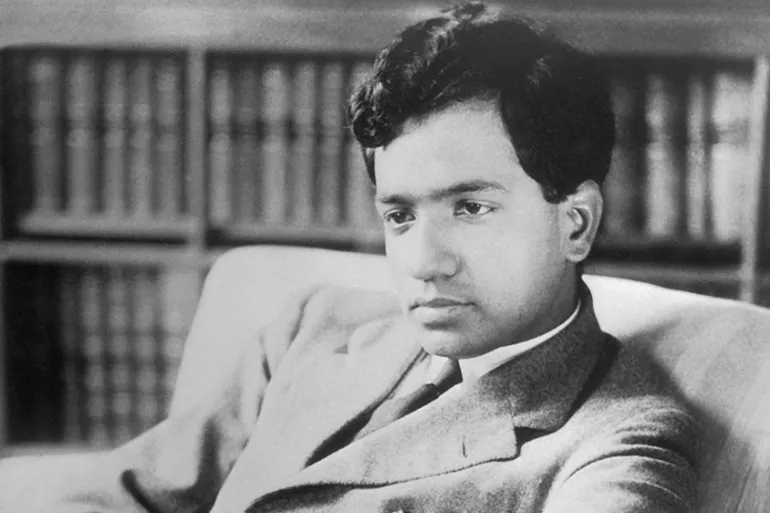
In conclusion, these ten Indian scientists have made remarkable contributions to their respective fields, leaving an indelible mark on the world of science and technology. Their work has not only advanced our understanding of the natural world but has also paved the way for India to become a global leader in scientific research and innovation. Their legacies continue to inspire generations of scientists and serve as a source of national pride.







